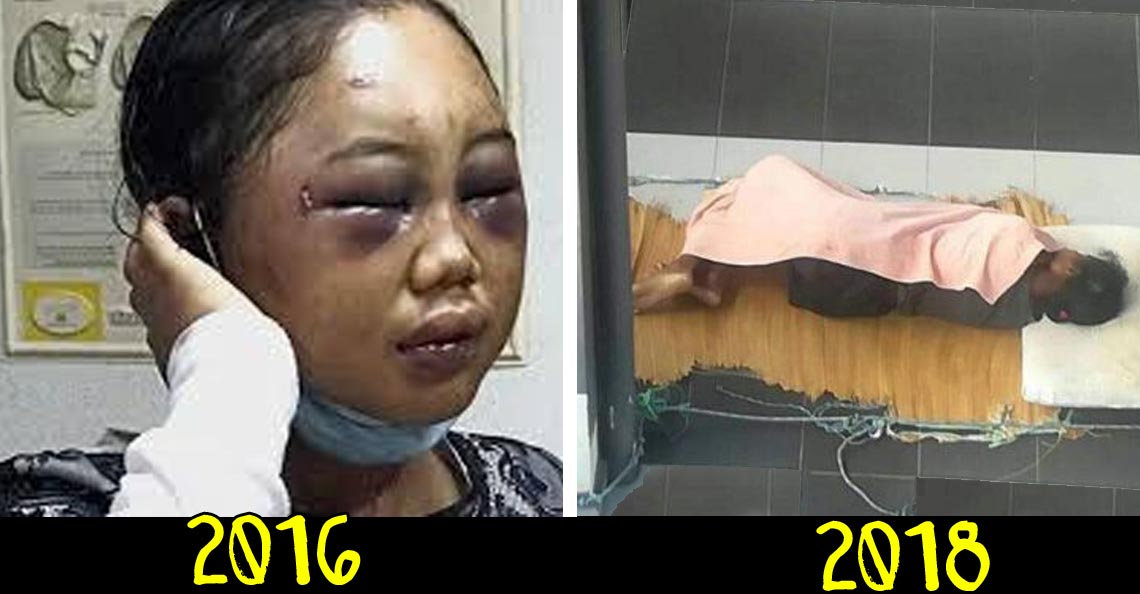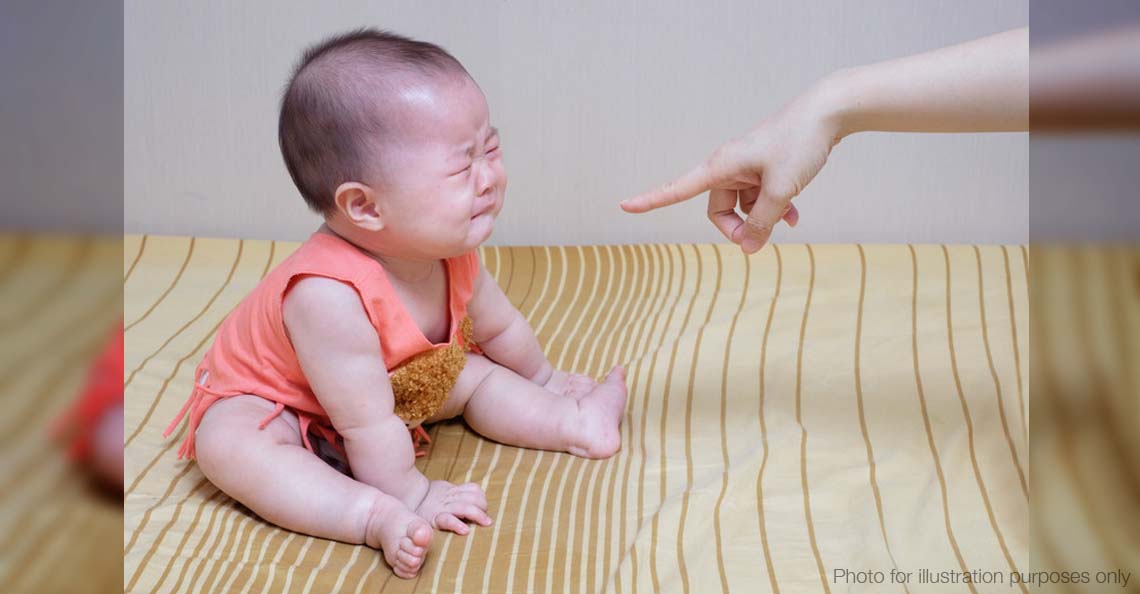Foreigners are allegedly being abused at a big Malaysian company. But does no one care?
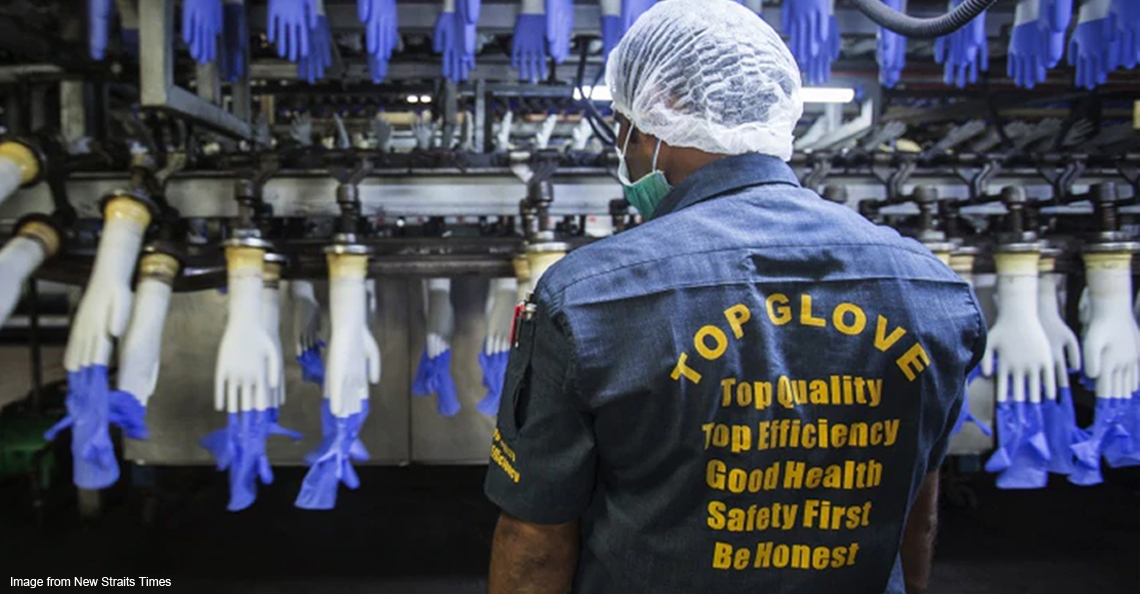
- 526Shares
- Facebook484
- Twitter4
- LinkedIn7
- Email5
- WhatsApp26
Amidst all the seasonal greetings and office secret Santa parties, you might have missed a great piece of investigative journalism from UK newspaper The Guardian… about Malaysia.

Now this isn’t just another tabloid newspaper looking to sell a few copies by writing some super scandalous headline, but rather it’s The Guardian – one of the most trusted and credible news sources in the UK, which kinda makes it a whole lot more serious that they found Malaysian factories exploiting their employees.
And it’s gets slightly worse when you realise that one of the companies in question isn’t some backyard assembly line, but one of Malaysia’s most well known brands – Top Glove.
Top Glove is allegedly exploiting thousands of migrant workers in their factories
Top Glove is the biggest rubber gloves producer not just in Malaysia, but the world too, and are one of the largest employers in the country when you consider that they have a whopping 40 factories. They also hire thousands of migrant workers from Nepal and Bangladesh. Some of them at Top Glove, along with a few from WRP, another rubber glove manufacturer, had been interviewed by investigative journalists from The Guardian.
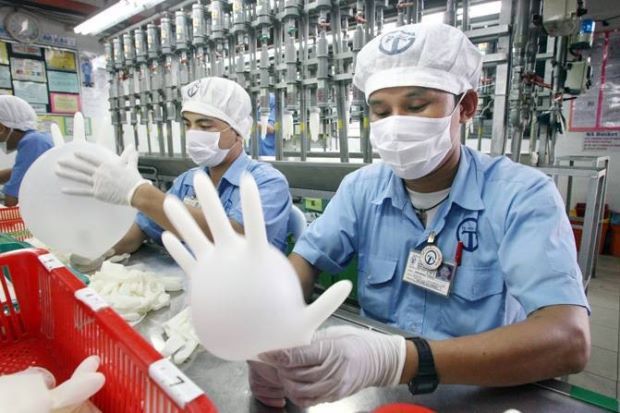
You can read the entire expose by clicking here, but below is a just a part of what they found:
- Seven days a week of work, 12 hours a day
- 120 to 160 hours of overtime a month, and paid for only 4 of 12 hours of OT on Sundays
- Only one day off a month
- Passports involuntarily held by company
- Unsafe factory conditions at Top Glove, leading to accidents
- Not allowed to leave the WRP factory
- WRP had not paid workers for months
- Factory temperatures reached 70C
“When I wake up every morning I am filled with dread… I don’t know if I can do it any more. But what can we do? Lots of workers have mental breakdowns in the factory and have to pay to go back home. Top Glove factory is mental torture,” – 22-year-old Nepalese Top Glove worker, as quoted by Guardian

Now you’d think that this would probably warrant some kinda criticism from the govt…. but it didn’t. Instead, Human Resources Minister M. Kulasegaran came out together with Top Glove’s chairman Tan Sri Dr Lim Wee Chai to deny that Top Glove was overworking and exploiting their employees. He said that Top Glove were working within the law, and that the long working hours could be because of the workers themselves. Kula also added that people shouldn’t spread fake news about the company.
They (Top Glove) have a mechanism of taking care of the workers, and based on my ministry’s knowledge, they work within the framework of the law. In some companies, some employees insist on working longer hours to earn more money, to send back to their countries. This is beyond the employer,” – M. Kulasegaran, as quoted by The Star
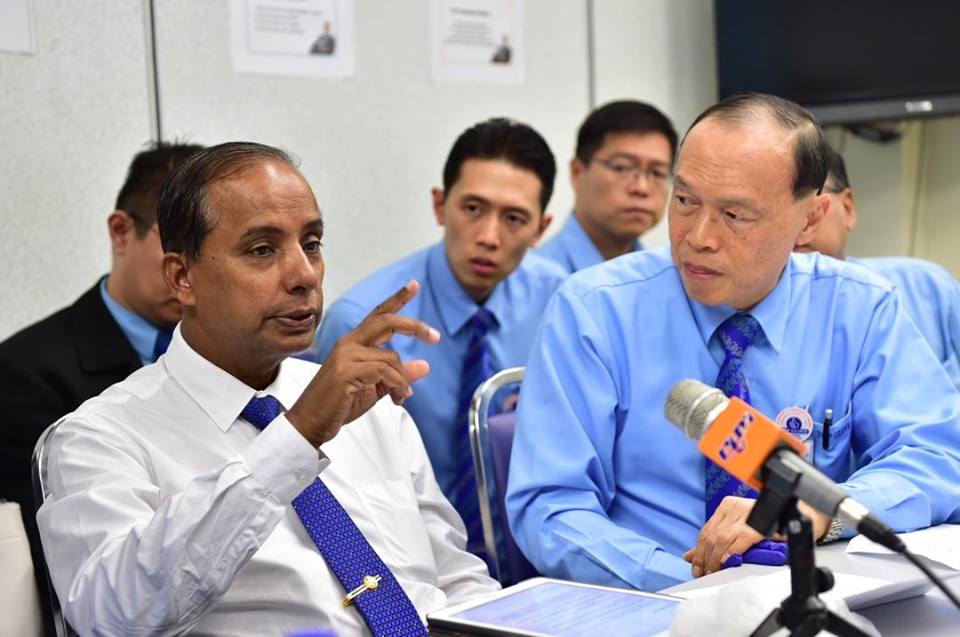
But then again, aren’t those conditions normal for migrant workers in Malaysia anyway?
So let’s take a look at the conditions that the Guardian claims they’re working in, and the first thing we should probably note of is their salary. According to the Guardian article, the Top Glove workers were earning around RM1000 a month. As a comparison, we’ll pull up one of our older articles from 2015 where we asked a number of migrant workers their salaries, and the Top Glove worker’s pay of RM1000 actually puts them around the lower middle range of the migrant worker salaries that we found, which range from RM700 – RM1800. It’s also just a lil short compared to the other factory workers we interviewed in 2015, who said that their pay was around the RM1400 mark.
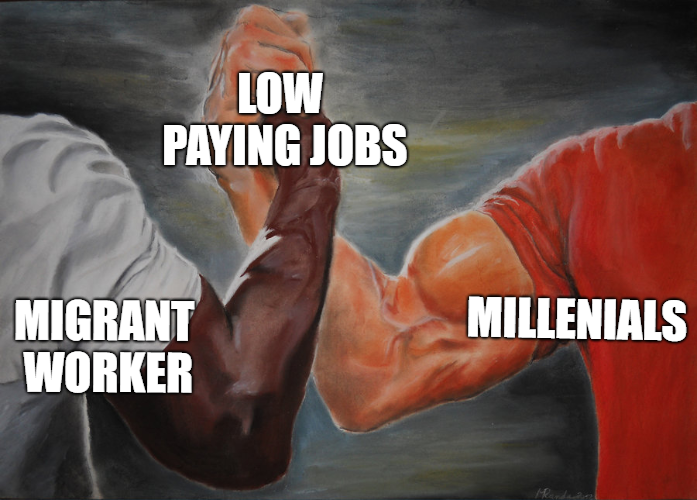
So okay, the Top Glove workers are sorta getting paid around the average for migrant workers in Malaysia. But the low pay wasn’t the only thing the Guardian found – what about the minimum of 12 hours per shift? Well, kinda same story here laa. A number of the migrant workers we asked in 2015 pointed out that they also have to work 12-hour shifts, also some did mention that they’re on 8-hour ones. Even in 2016, the Nepal Ambassador to Malaysia Dr Niranjan Man Singh Basnyat called for his countrymen in Malaysia to stop working 12 hour shifts as it was taking a huge toll on their health.
On top of that, Top Glove employees also mentioned that their passports were held by the company involuntarily and were not able to get them back when they asked for it. But as it turns out, this has apparently become very commonplace. There’s been a number of cases where employers would take away passports to prevent them from going back and force them to continue working. This is despite the fact that the previous govt had already warned employers that withholding the passports of employees is illegal against the Passport Act 1996.
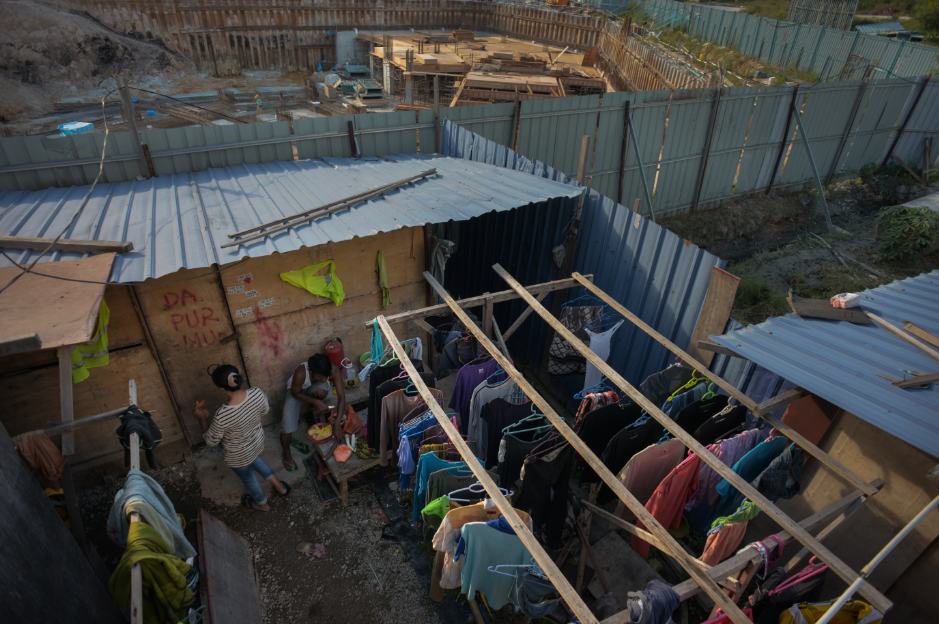
We could go on but we think it’s kinda clear that the expose the Guardian did on the terrible working conditions in Top Glove and WRP rubber glove factories are actually just the tip of the iceberg when it comes to migrant worker conditions here in Malaysia. It’s so normal that you’d probably wouldn’t even know about it if it was reported about other companies that aren’t as big as Top Glove.
On top of that, Kulasegaran’s response to the allegation has also not gone down well with some people. Rani Rasiah, PSM member and activist from NGO coalition Right to Redress, criticised Kula’s handling of the issue, claiming that instead of immediately defending Top Glove, he should’ve stated that he would look into the issue and investigate it.
Meanwhile, Adrian Pereira from human rights group North-South Initiative claimed that Kula was very misled about the situation and that he’s not up to date on global standards. He also added that the business world is watching and if the govt fails to handle the issue properly, investors might end up losing confidence in the country. Our friends at the NGO Tenaganita also had a few things to say about it, adding:
“When there is a serious allegation like that, I would expect the govt to go and investigate, not go on with the company’s manager and have a press conference,” – Joseph Paul, Tenaganita Director
It’s perhaps easy to see that despite the HR Minister dispelling the notion that Top Glove are abusing and exploiting their employees, many aren’t convinced by his statements, especially when you consider that Malaysia has a bad history when it comes to treating foreign workers. And that leads us to the next point…
Just because it’s normal doesn’t mean it’s right
Ask around long enough and you’d probably find someone who knows someone who migrated to another country to find work, even if it’s hard labour such as being a fruit-picker in Australia. Some Malaysians still go tho, especially if it means earning a currency that converts into a lot here.
Now imagine if you, a fruit picker in Australia, got treated as an unwanted immigrant by the public, on top of the slavery-like conditions on the fruit orchard you’re on. There would be outrage in Malaysia if it gets reported in the local news, and that’s pretty much what happened when it was reported by Utusan journalist Saiful Hasam. So why does it seem as tho we’re okay with it when the ones being exploited are foreigners in our own backyard?
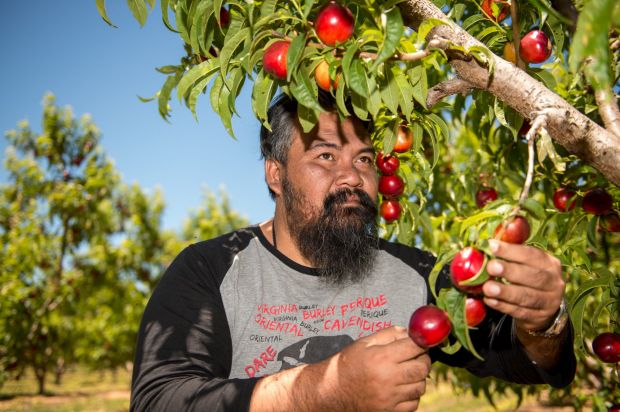
Now we aren’t saying that Malaysians wouldn’t care about these things, but with working and living conditions for these migrant workers not improving despite years of documented exploitation, it does seem to be the case. Add on top of that the seemingly relative ease at which Top Glove seems to have gotten away with the Guardian expose, plus Top Glove reporting that it just achieved its best ever quarterly revenue, then it’s hard to argue that we’re doing enough to curb migrant worker abuse.
It’s perhaps important to remember that a lot of migrant workers are just like you, trying really hard to earn a living to feed themselves and their families. The only difference is that they probably can’t see their families as often as we do.
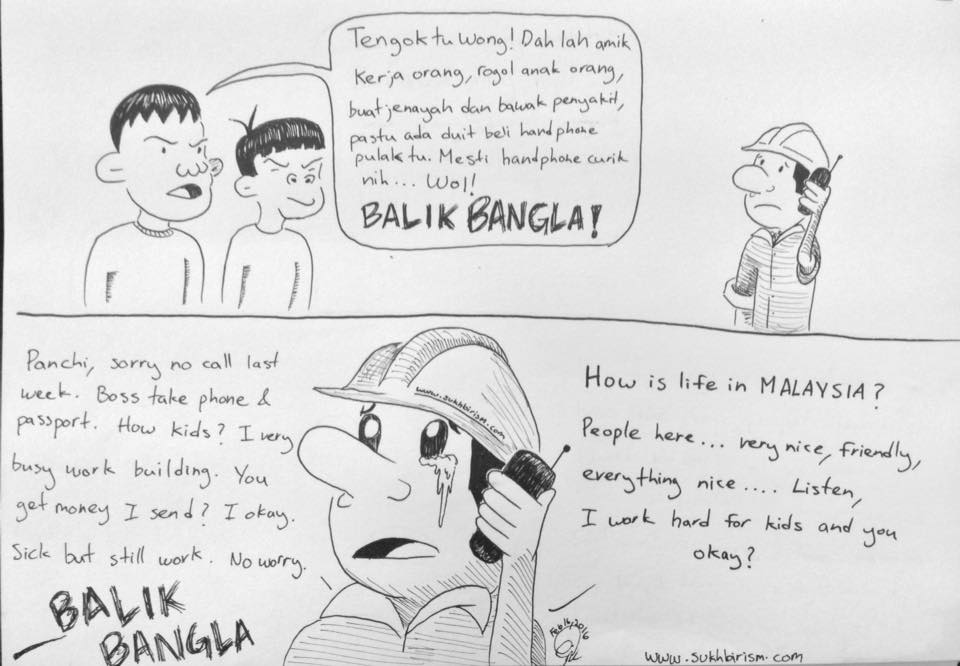
- 526Shares
- Facebook484
- Twitter4
- LinkedIn7
- Email5
- WhatsApp26


